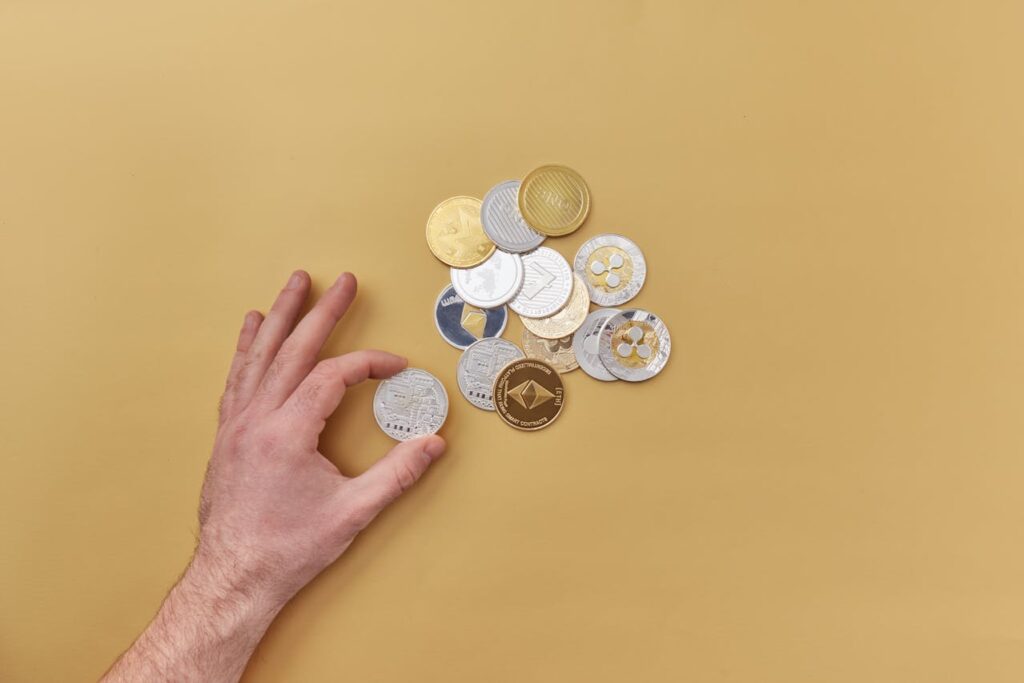Meaning: This idiom refers to a person who is unwilling to spend money or spends as little money as possible, often to the point of being excessively frugal or stingy.
Usage in Example Sentences:
- “He’s such a cheapskate; he never tips more than a dollar.”
- “She’s known to be a cheapskate, always looking for ways to avoid spending money.”
- “Don’t be a cheapskate—buy the good quality paint so the house looks nice.”
Origin: The origin of the term “cheapskate” is somewhat unclear, but it likely emerged in American English in the late 19th to early 20th century. The word “cheap” has long been used to describe someone who is miserly or unwilling to spend money. The addition of “skate” may derive from slang used at the time, though its exact etymology is uncertain. It’s possible that “skate” was used pejoratively to describe someone who slips or glides away from their financial responsibilities. Over time, “cheapskate” became a common term to describe someone who is excessively frugal or stingy.

